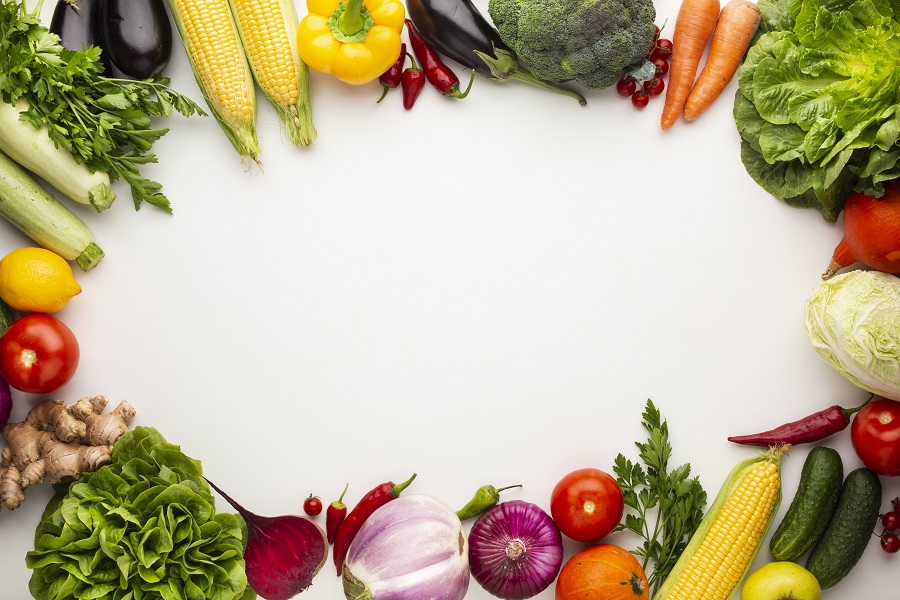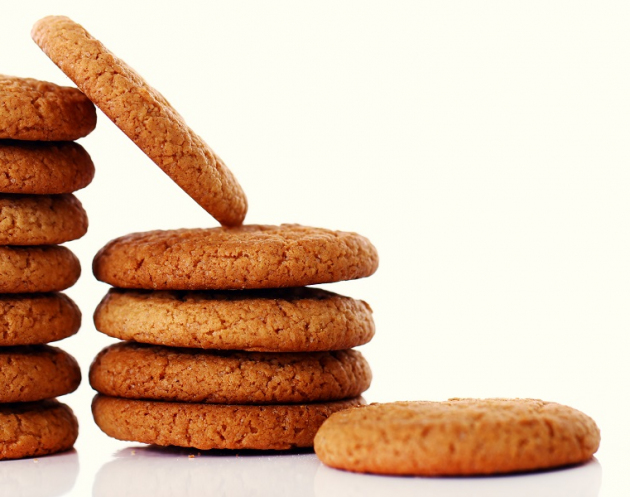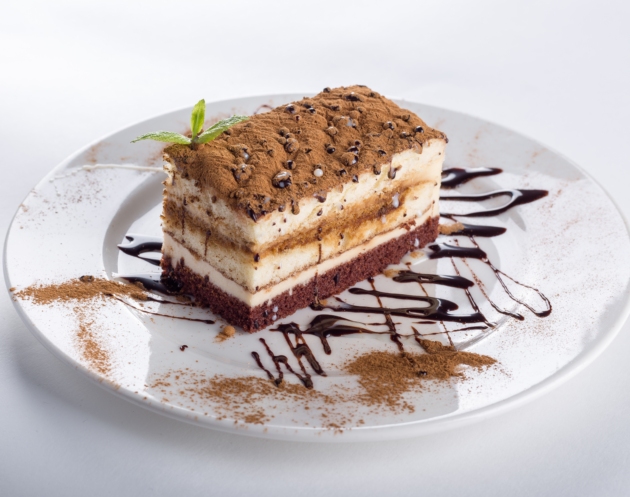When choosing foods rich in iron , bioavailability must be assessed. Taking any precautions at the table allows you to reduce the risk of deficiencies.
Foods rich in iron ensure the daily requirement of a mineral essential for our well-being. Iron , in fact, allows a correct distribution of oxygen in our organism and the proper functioning of the various organs. In the absence of its proper contribution, there is also a greater risk of attack by external agents.
A diet rich in iron
To ensure a diet rich in this important mineral, its bioavailability in various foods must be considered. What matters, in fact, is not so much the quantity present in the food as the percentage that our body is actually able to absorb and use.
Spinach , for example, despite having high concentrations of iron, also contains other substances that limit the absorption of this mineral.
An iron deficiency can lead to a condition known as iron deficiency anemia . The negative repercussions can affect several aspects of the vital functioning of the organism. These include thermoregulation, the immune system and brain neurotransmission systems.
Furthermore, even hair and nails are thus more exposed to the risk of falling and brittleness. A balanced and balanced diet usually avoids the risk of such deficiencies.
However, in the presence of particular medical conditions it is advisable to seek professional advice and help from specialists.
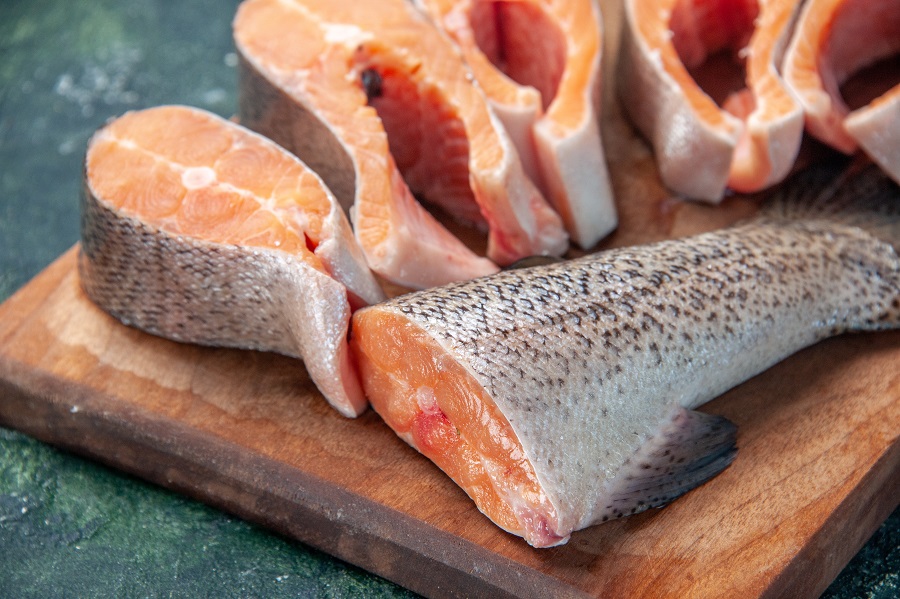
Foods rich in assimilable iron
Some foods of animal origin, such as meat, fish and eggs, are sources of this mineral. In these cases, the iron is easily bio-available and rapidly assimilated by the body.
However, it is necessary to avoid taking it too frequently in the daily diet.
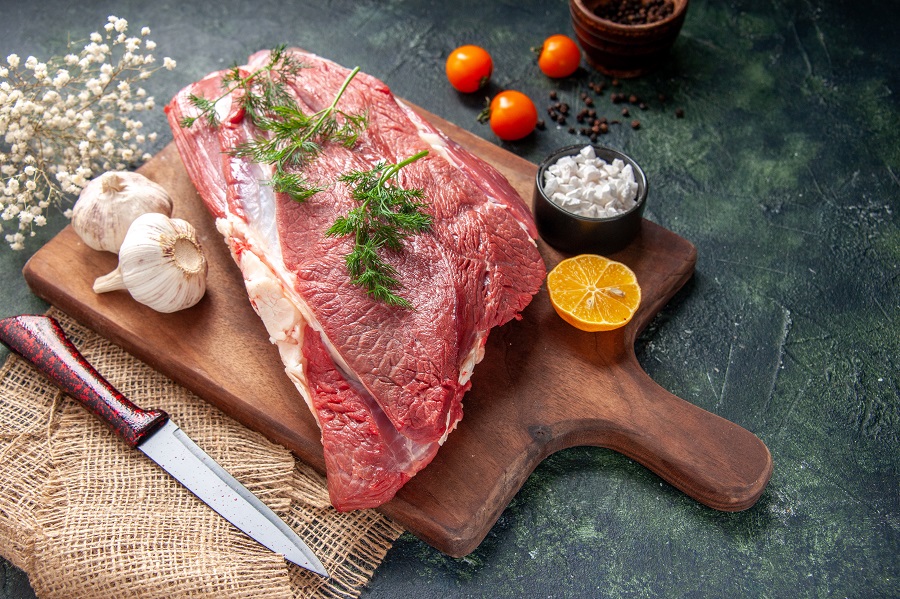
Plant foods rich in iron
In the plant world, too , there are numerous examples of iron-rich foods . Just think of legumes , preferably dry, and oil seeds. In particular, among the legumes, lentils are particularly suitable as a vegetable source to find this important mineral.
Leafy green vegetables and grains are also plant foods that can provide iron through nutrition. However, the latter is minimally absorbed by our intestine and is usable by the body only in a small percentage.
Despite having a high calorie content, bitter cocoa is another ally against any iron deficiency anemia . The presence of flavonoid substances , in addition, helps to prevent the risk of onset of cardiovascular diseases.
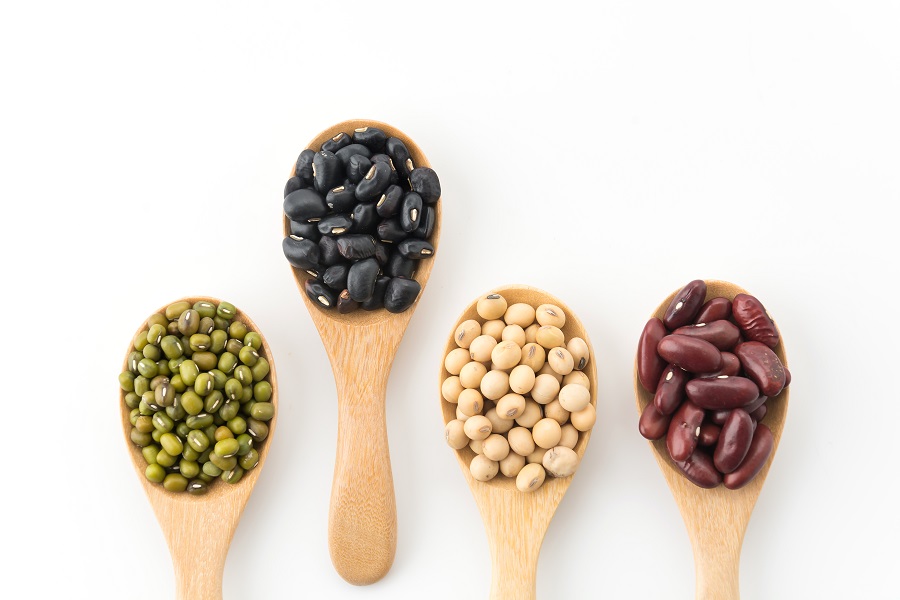
Vegetables rich in iron
Edible algae , compared to other vegetables, have a higher content of proteins, carbohydrates, mineral salts (including iron) and vitamins.
Among the most usual vegetables, rocket is recommended both for its iron content and for its digestive and purifying action.
Foods that make the iron go up
Some particular foods and useful precautions are allies in the assimilation process of this mineral. Using ingredients such as garlic and onion in cooking cereals greatly increases the bioavailability of iron.
Vitamin C , or ascorbic acid, also promotes this process. Seasoning iron-rich foods with lemon is therefore a valid and simple solution.
The use of some spices is also a very useful strategy to prevent any deficiencies. Specifically, using cumin and ginger daily in the seasoning of iron-rich foods seems to help increase its assimilation.
Foods low in iron
Other precautions to promote iron absorption include reducing the intake of foods that can hinder this process. Therefore in conjunction with the consumption of foods rich in iron, it is good to avoid eating foods with high concentrations of tannins . These iron absorption inhibitors are present, for example, in coffee and tea.
Therefore it is good practice not to drink coffee or tea immediately after an iron-rich meal and avoid accompanying it with red wine. These precautions do not necessarily have to be so rigorous and daily. However, they must be taken into consideration when you need a greater intake of iron or if you eat a meal that is rich in iron.
Foods that contain iron in pregnancy
During pregnancy, even in the absence of menstruation, it may be necessary to ensure a greater supply of iron. This is useful for both the future mother and the growing fetus.
In this way, a correct and complete development is ensured. The increased demand can be substantially satisfied by paying particular attention to one’s eating style. Following the recommendations relating to proper nutrition usually allows you to avoid the risk of anemia.
Other information
There are ailments and diseases that can cause iron deficiency, let’s find out which ones:
- diarrhea : causes and natural remedies
- irritable colon , symptoms, remedies and diet to follow
- escherichia coli and other ongoing infections
- intestinal malabsorption , symptoms and treatments
- hemorrhoids : what are the natural remedies
- heavy menstrual flow , natural therapies
- indigestion as natural remedies


